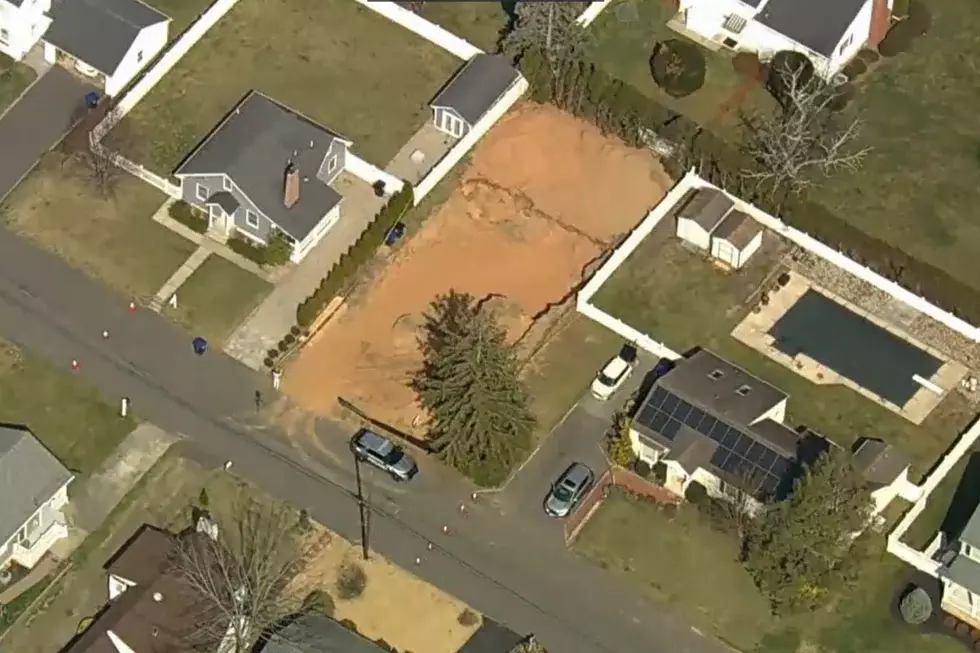
Three Million NJ Residents Actually Living in Poverty, Report Says
The Census Bureau reported late last year that nearly 800,000 New Jerseyans were living in poverty in 2019.
A report released Sunday suggests the actual number is way more than that.
"We have calculated some 2.9 million residents, including about 800,000 children," Shivi Prasad, director of the Poverty Research Institute, told the Townsquare News Network.
The Institute, part of Legal Services of New Jersey, in its new report tries to shift some of the conversation about poverty toward the many individuals in the Garden State who are working full-time but are still unable to afford the most basic needs to survive.

"For New Jerseyans, the harsh reality is that the cost of just getting by — with no frills, no savings for college or retirement or unexpected repairs — is at least three times more than the official federal poverty numbers as reported by the census," said LSNJ President Dawn Miller.
The study uses a cost-of-living-sensitive model to determine the "true poverty level" in New Jersey. Faced with the third highest cost of living in the country, the report said, many New Jersey residents are getting "overlooked."
"Obviously one dollar in New Jersey will not buy you as many resources as one dollar elsewhere," Prasad said. "What we're trying to say here is that there needs to be a geographical variation in the threshold, because obviously the costs are not the same everywhere."
The report goes further than state-to-state comparisons and shows how drastically costs can change from county to county in the Garden State.
No matter where you are in the state, though, true poverty is at least 2.5 times greater than what federal numbers would suggest, the report said.
In New Jersey, a three-person family with an income at the federal poverty level ($20,598) uses at least 84% of family income on housing, the report notes. They are left with $3,275 annually or $273 monthly to afford other essential needs.
Getting beyond the true poverty level is a challenge for many, according to the report. Using the minimum wage rate in 2019, the report said a single parent with two children would need to work more than three full-time minimum wage jobs to meet the threshold.
"We need to understand and acknowledge that the poverty measure is flawed, especially for high-cost states," Prasad said. "We are being shortchanged here in New Jersey."
Prasad said the Institute's report will hopefully light a spark under leaders who can make a difference. Beyond reconsidering the definition and calculation of poverty, recommendations in the report call for improving employment earnings and opportunities, and reexamining public assistance programs.
LOOK: Here are the best small towns to live in across America
Why you shouldn't visit the Jersey Shore this summer
More From WPG Talk Radio 95.5 FM










